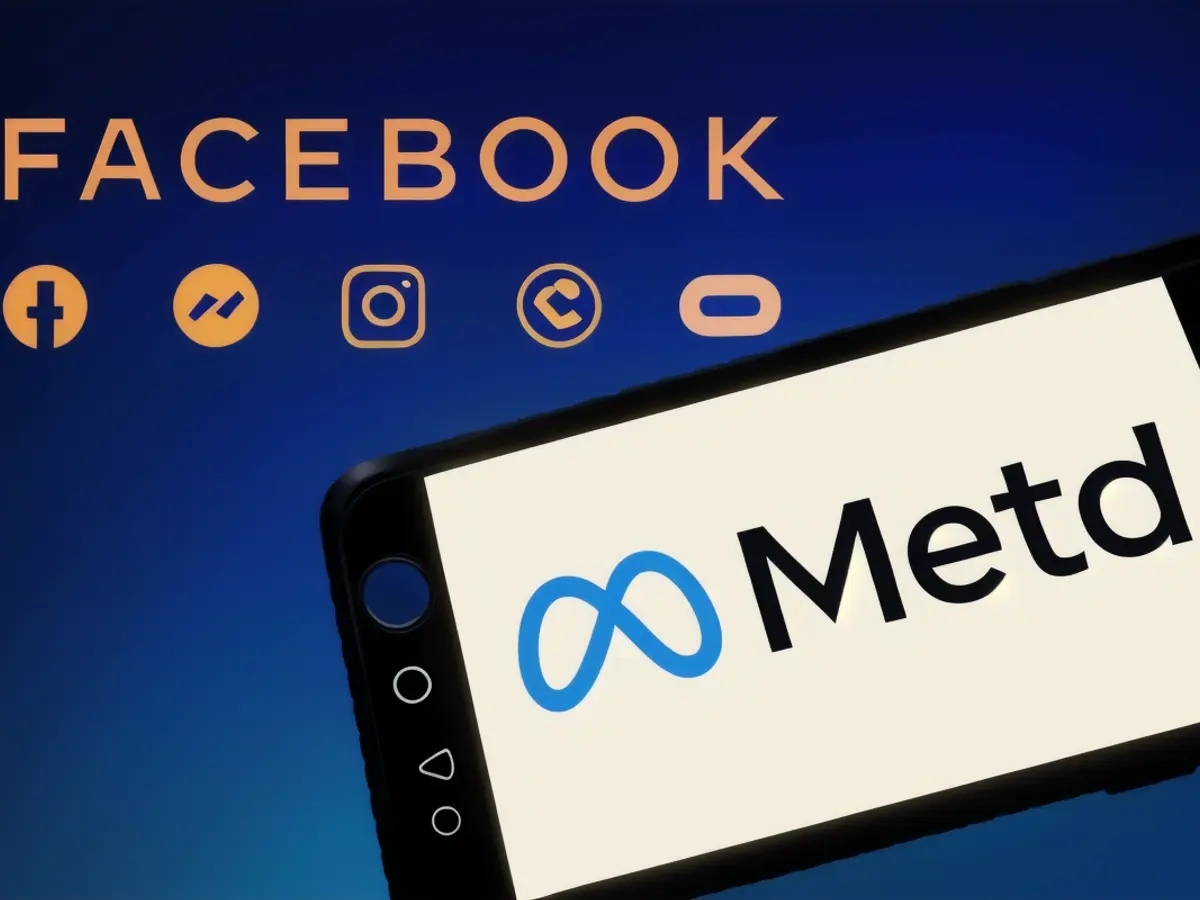EU examines Meta's potential failure to safeguard minors.
Meta, the parent company of Facebook and Instagram, might be aiming ads at kids, potentially intensifying their addictive habits. The European Commission suspects that youth protection regulations have been breached and is thus launching investigations. Hefty penalties are at stake.
The European Commission is initiating legal action against Meta on the grounds of potential violations of child protection guidelines. The Brussels institution is concerned that the platform's designs, including its algorithms, might induce addictive behavior in children.
In this context, "rabbit hole effects" are of particular concern. This refers to the phenomenon of becoming engrossed in a topic to such an extent that it becomes difficult to disengage, like Alice in Wonderland falling down a rabbit hole. Algorithms can theoretically detect and capitalize on these patterns of behavior, pushing users to spend more time on a platform.
Online platforms are legally obligated, according to a new EU law on digital services (DSA), to provide special protection for minors. This includes prohibiting ads targeted at them based on personal data and assessing potential risks that could lead to addictive behavior.
The Commission is apprehensive that Meta may not be adhering to these regulations designed to protect minors. Their age verification methods are also a concern, as they may not be effective. The Commission will gather more information, such as through interviews, to explore the allegations. At this stage, only a suspicion is under scrutiny, and the final outcome hasn't been determined yet.
Already ongoing actions against tech giants
The Commission initiated legal proceedings against Meta in late April for suspected non-compliance with the DSA in the realm of political advertising. The law requires platforms to follow stricter rules for child protection and to take more immediate action against illegal content like hate speech online. Otherwise, they could face severe fines. A number of prominent services, including Facebook and Tiktok, are subject to more stringent regulations.
Legal actions are already ongoing against Tiktok and X. Tiktok is being examined to determine if the Chinese company endangers the mental well-being of minors through its Lite version. Due to evidence of illegal and deceptive contributions to the Hamas attack on Israel, X was provided with a list of questions. The EU Commission was unsatisfied with X's responses, prompting proceedings against the company in mid-December.
Read also:
- Year of climate records: extreme is the new normal
- Precautionary arrests show Islamist terror threat
- UN vote urges Israel to ceasefire
- SPD rules out budget resolution before the end of the year
- The EU Commission is also investigating Meta Platforms' subsidiary, X (formerly Twitter), for potentially not complying with child protection guidelines, following concerns about its responses to questions regarding illegal and deceptive content.
- Additionally, Tiktok, another popular social media platform, is under scrutiny by the EU Commission due to allegations that its Lite version may be detrimental to the mental well-being of minors.
- Amidst these investigations, all the aforementioned platforms, including Facebook, Tiktok, and X (formerly Twitter), must comply with the EU's Digital Services Act (DSA), which mandates special protection for minors and prohibits targeted ads based on personal data.
Source: www.ntv.de








